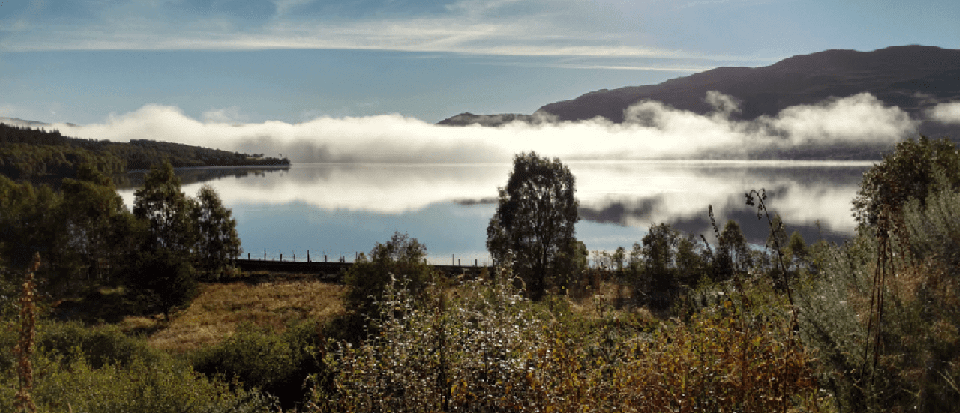What is a Sustainable Travel Company?
What is a sustainable travel company?
Many travel companies claim they are “Sustainable”
Why do travel companies claim to be sustainable? Or “responsible”? or “good”? The travel industry is highly competitive, so travel companies work hard to get attention. They advertise in a way that will attract people to their trips. Awareness has increased about the environmental damage and negative social consequences from the explosive growth in international travel. As a result, “sustainable travel” has become more important for travelers, and the travel industry has taken notice. Much to their credit, many ethical companies which rely on travel are working to reduce the negative effects of the travel they promote. Like any hot trend though, there are others who just short-cut to marketing slogans. Claiming that they offer “sustainable travel” is as close as they ever get to offering a responsible travel experience.
What do they mean when tour operators say they are Sustainable?
 Is a sustainable travel company a tour operator that does not use single-use plastic water bottles? Or are they choosing slow travel rather than moving around every day in energy-consuming vehicles? Are they going to less-traveled places to hike on less-trampled trails, and then moving on after they damage the once pristine site? Or are they planting trees to reforest a landscape rather than riding a zip line in a forest? There are many actions, from small to large, which companies use to describe themselves as “sustainable travel companies”.
Is a sustainable travel company a tour operator that does not use single-use plastic water bottles? Or are they choosing slow travel rather than moving around every day in energy-consuming vehicles? Are they going to less-traveled places to hike on less-trampled trails, and then moving on after they damage the once pristine site? Or are they planting trees to reforest a landscape rather than riding a zip line in a forest? There are many actions, from small to large, which companies use to describe themselves as “sustainable travel companies”.
Certifications for Sustainable Tour Operator?
Are there standards or certifications which will assure you that a company is a sustainable tour company? Yes, but if you are looking for a special stamp of approval to simplify things, unfortunately it is not so easy. There are several organizations which set up standards on sustainability. One of the better know is the Global Sustainable Tourism Council (GSTC). There are various accreditation bodies which will train and certify companies as sustainable using the GSTC or other organizations’ standards. These accreditations require payment of fees and investment of time. These certification costs may be feasible for large tour operators. But for smaller companies and nonprofits, the cost is hard to justify. A bigger question for us is why the standards for tour operators do not attribute value to tour operators who help the destination. The accreditation focus seems to be on avoiding harm rather than helping. That is a fairly low standard.
Does sustainability matter when choosing a trip?
When people plan a trip, they have to choose where to go, when to go, how long the trip will be, how to get there, how much to spend and what to do on the trip. If choosing a sustainable tour company is on their list, it probably won’t be at the top of the list. Even when it is an important concern for travelers, they seldom have a lot of time to devote to ensuring their travel is sustainable. Nor is it easy to evaluate. How can travelers choose a sustainable tour operator? Will they weary of the effort and just choose the company with the biggest “Sustainable Travel” sign on their website?
Travel Activities Matter!
I applaud the current focus on sustainability in the travel industry. But it concerns me that despite all the interest in sustainable travel, one key issue is often not discussed. Travel activities MATTER. Most tour operators do not discuss the importance of the trip activities which people engage in during their travels. Simply tacking on a half-day of volunteer activities to a week- long tour engaged in planet damaging activities does not help the environment. When a tour claims to be sustainable, it is worth asking why the tour operator thinks the majority of the activities are sustainable.
Sustainability is not a new idea for ConservationVIP.
Sustainability has been in our mission statement since 2012. Our nonprofit mission is to help sustain some of the world’s greatest landscapes, cultural heritage sites, and biodiversity. We use the term “sustain” to acknowledge the importance of the needs and concerns of the local constituencies in the destinations we help. Working with them, we truly help the special places we love.
Traveling on one of ConservationVIP’s conservation trips is a great way to choose a sustainable travel company, because our activities are focused on protecting and preserving landscapes, habitats, biodiversity, and cultural heritage sites which are threatened by the travel explosion. But I do not want to simply post a “sustainable” label on our trips, hoping that consumers will make a decision based on marketing lingo. I want to engage in more meaningful discussion.
Many good questions can be raised about sustainability and sustainable travel. What is it? What are we doing about it? How do we reconcile our travel with the concerns about overtourism and climate change? I hope you will take a few minutes to read through our page on sustainable travel to learn more about our thoughts on these and other questions. We don’t pretend to have all the answers, but with the support and help of our volunteers, we expect to continue to learn and improve.


